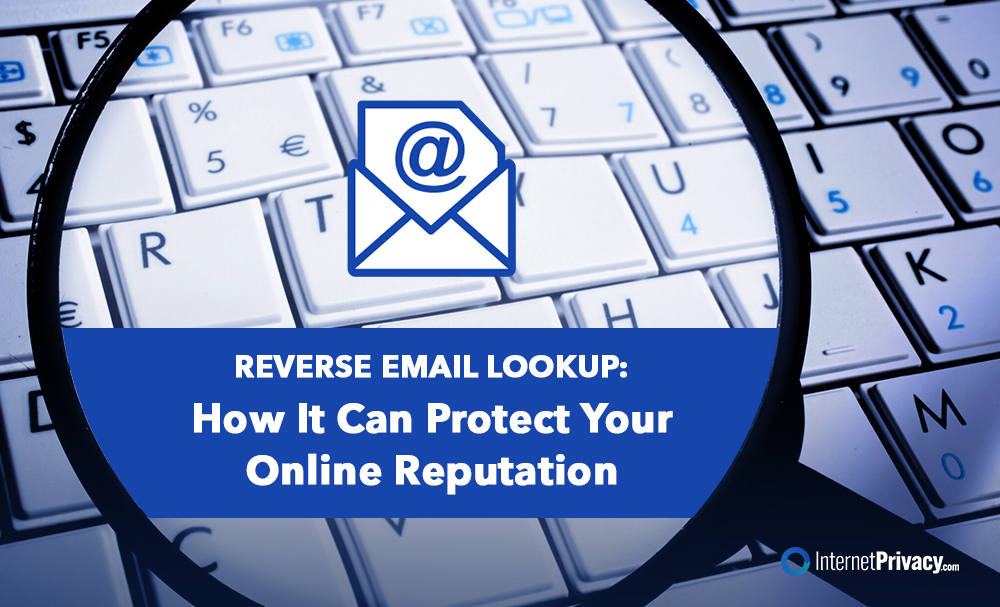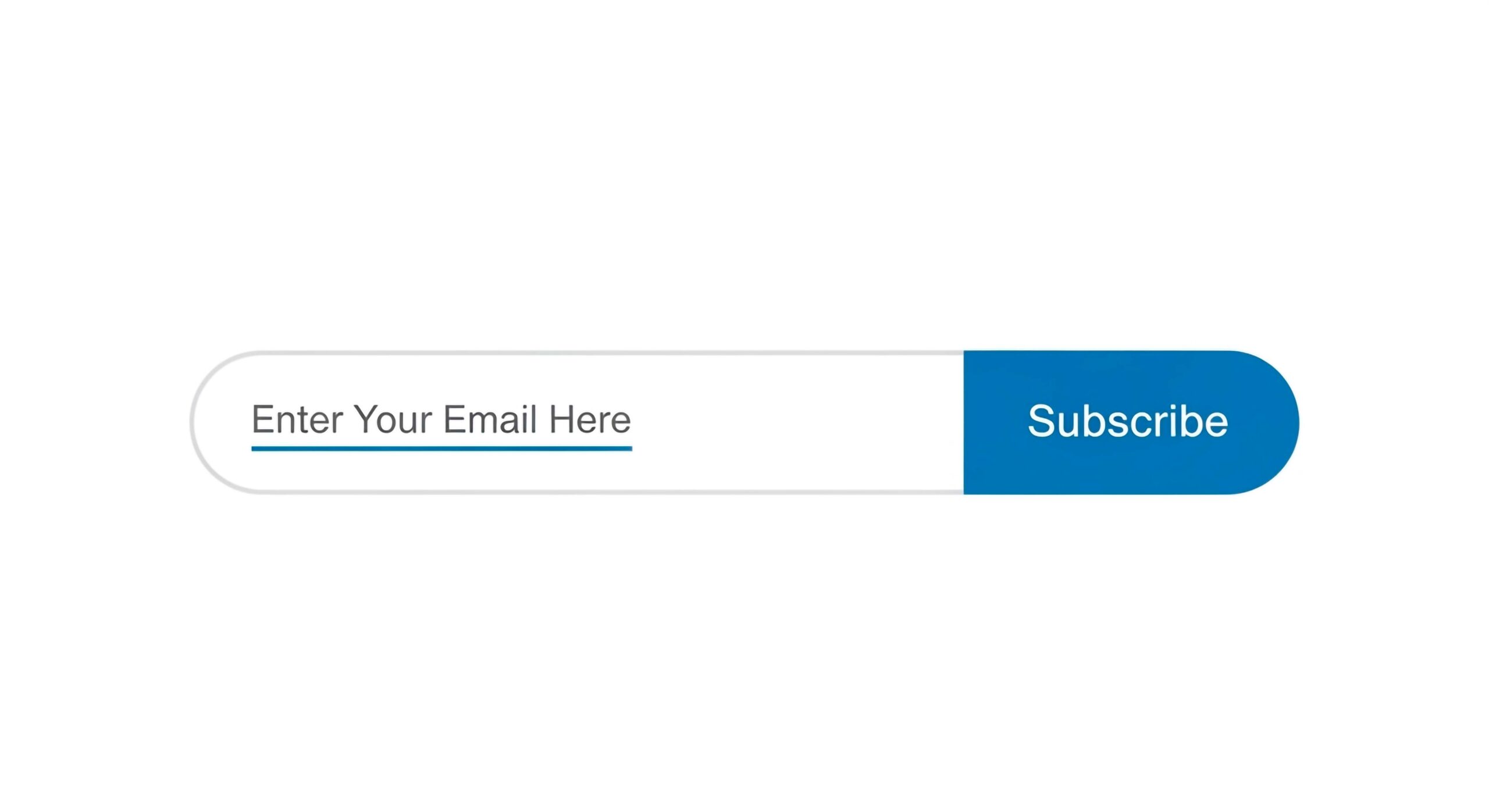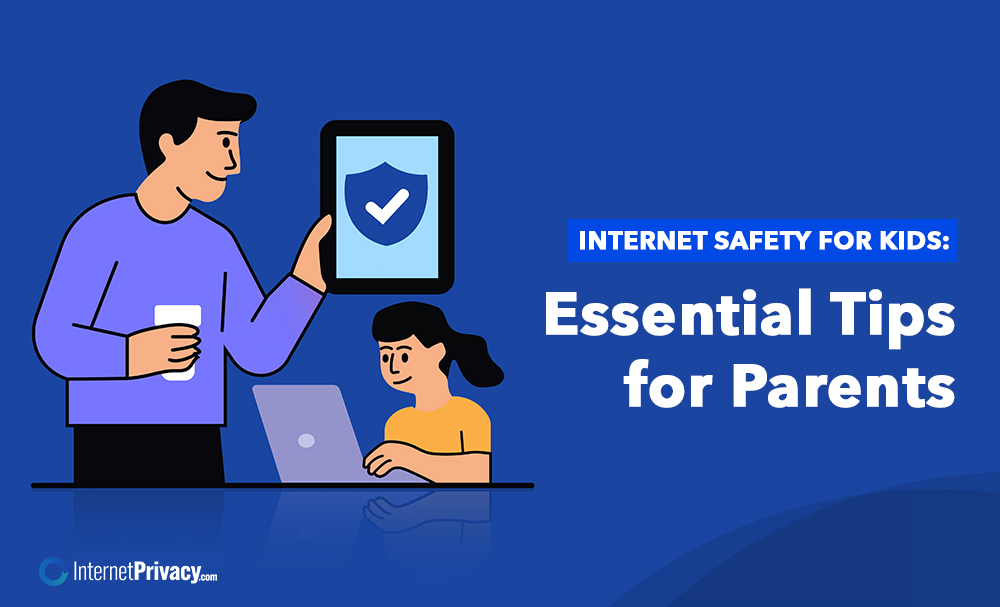Reverse Email Lookup: How It Can Protect Your Online Reputation

Maintaining your online reputation is crucial. With data breaches and cyber threats on the rise, safeguarding your information has never been more important. A useful tool in this effort is a reverse email lookup, which helps you uncover details about unknown email senders and enhances your security.
In this article, you’ll learn how reverse email lookup works, its benefits—such as identifying unknown contacts and preventing phishing scams—and the types of information it reveals. We’ll guide you through using this tool, discuss its legal and ethical aspects, and share tips to protect your privacy. Explore how reverse email lookup can help secure your online presence and minimize risks.
What is Reverse Email Lookup?
Reverse Email Lookup, also known as reverse email search, helps individuals verify email addresses. It reveals sender identities and analyzes suspicious emails, which enhances digital security.
In a world where phishing scams and identity theft are widespread, verification is essential. By using reverse email lookup, you can protect your personal data and online reputation.
Moreover, this tool helps detect fraudulent activities linked to various email domains. This contributes to a safer online experience.
How Does Reverse Email Lookup Work?
To start, enter an unknown email address into a reverse email lookup tool. This tool then scans public records and online sources to gather data.
The tool generates a report about the email sender. With this, you can verify the address’s legitimacy and protect your personal information.
Additionally, these tools often adhere to GDPR regulations, which support privacy and enhance communication credibility.
Why Should You Use Reverse Email Lookup?
Reverse Email Lookup is a must for anyone who values their online reputation and wants to stay informed about potential threats.
By verifying unknown email senders, you can prevent identity theft, safeguard personal information, and enhance digital security.
By conducting email checks, you assess risks linked to specific email addresses. Here’s how Reverse Email Lookup can benefit you:
- Protect Your Online Reputation: Screen emails, identify unknown senders, and safeguard your digital footprint to maintain a positive image.
- Verify Unknown Senders: Ensure communication legitimacy and avoid potential fraud.
- Prevent Scams and Fraud: Protect your data by revealing email origins, helping you avoid phishing attacks.
- Access Criminal Records: Use Reverse Email Lookup to uncover criminal history and other public records. This ensures safety and transparency.
- Find Business Contact Details: Verify business contacts, which enhances networking and ensures credible interactions.
What Information Can You Find with Reverse Email Lookup and Public Records?
Reverse Email Lookup offers information to verify an email address’s credibility, including the sender’s name, address, social media profiles, phone numbers, and court records.
By cross-referencing this data with known sources, users can assess the sender’s legitimacy and reduce the risk of scams and phishing attempts. Additionally, hidden email addresses can be uncovered, providing insights into the sender’s identity. Access to social media profiles and additional contact points gives further context, establishing trust and enhancing security in online communications.
Additionally, insights into the sender’s professional and educational background can be valuable for informed personal and business interactions. This approach to email verification strengthens security and trust in digital communication.
How to Use a Reverse Email Lookup Tool?
- Choose a Reliable Service: Select a trustworthy Reverse Email Lookup service by reviewing user feedback, checking for strong security measures like data encryption and anonymized searches, and ensuring the platform has a clear privacy policy.
- Enter the Email Address: To verify, input the email address accurately. Precision is crucial—any mistake can lead to incorrect results, affecting the reliability of the information retrieved.
- Review the Results: After submitting the email address, examine the report. With a few clicks, access key elements like the email source, associated profiles, and historical data to assess credibility and make informed decisions.
Is Reverse Email Lookup Legal and Ethical?
The legality and ethical considerations surrounding Reverse Email Lookup are increasingly important as users balance their need for information with respect for privacy and data protection regulations like GDPR.
What Are the Alternatives to Reverse Email Lookup?
While Reverse Email Lookup is a powerful verification tool, alternatives such as SEON systems or browser extensions like Chrome Extension for email validation can also help ensure online safety.
Conclusion
Reverse Email Lookup is a valuable tool for online safety. It verifies email communications, helping identify unknown senders and providing essential details like contact info and social media profiles.
This service allows users to perform a reverse lookup on an email address, retrieving details about the owner, such as their name, address, and public records. By searching various social media platforms linked to the email, you can gather comprehensive reports and enhance the security of your online interactions.





